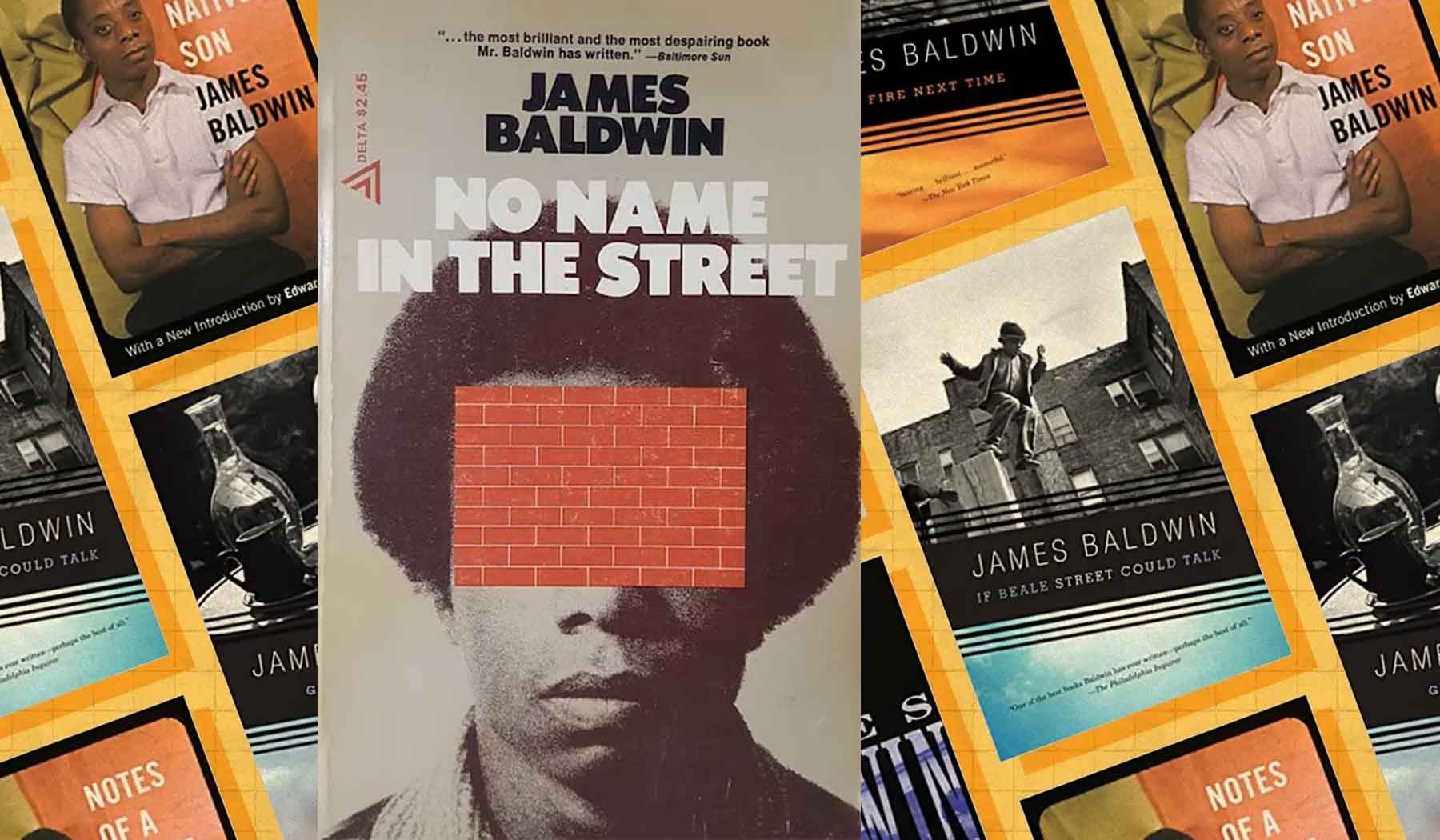James Baldwin, the legendary African-American author, playwright, and civil rights activist, is a literary icon whose works continue to captivate and inspire readers to this day.
His writing is renowned for its incisive exploration of the complexities of race, sexuality, and identity, and its powerful call to action for social justice.
Let’s take a closer look at some of Baldwin’s most celebrated books and why they continue to resonate with readers of all ages.
Go Tell It on the Mountain (1953)
Baldwin’s debut novel, “Go Tell It on the Mountain,” is a powerful coming-of-age story set in the Harlem neighborhood of New York City in the 1930s.
The novel follows the protagonist, John Grimes, as he navigates the complexities of his relationships with his parents and community, and grapples with his own identity as a gay man and a devout Christian.
With its vivid characters, poetic language, and insightful exploration of themes like sin, redemption, and the struggle for self-acceptance, “Go Tell It on the Mountain” is considered one of Baldwin’s most powerful and affecting works.
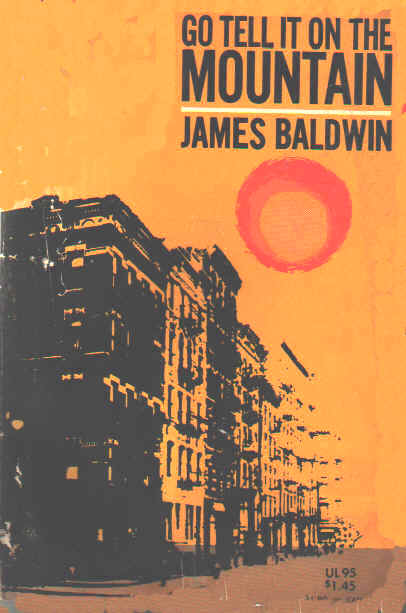
Another Country (1962)
“Another Country” is a sweeping, multi-layered novel that explores the intersecting lives of a diverse cast of characters living in New York City in the 1950s and 60s.
The novel’s central themes of love, race, and sexuality are woven throughout its pages, as Baldwin examines the ways in which these issues impact the lives of his characters and the world around them.
With its complex and nuanced characters, lyrical prose, and insightful commentary on the cultural and political climate of its time, “Another Country” remains one of Baldwin’s most beloved and enduring works.
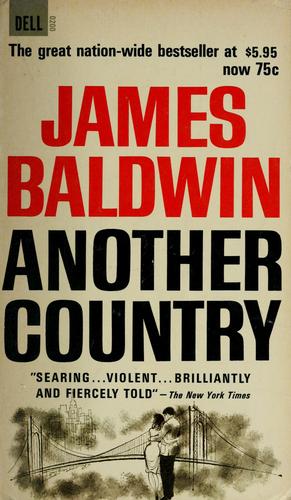
The Fire Next Time (1963)
“The Fire Next Time” is a groundbreaking collection of essays that explores the ongoing struggle for civil rights and social justice in America.
Baldwin’s impassioned writing, rooted in his own experiences as a black man in America, lays bare the deep-seated racism and prejudice that pervades American society, and calls for a radical rethinking of the country’s values and priorities.
With its powerful blend of personal narrative and political critique, “The Fire Next Time” remains a vital and relevant work that continues to inspire and challenge readers to this day.
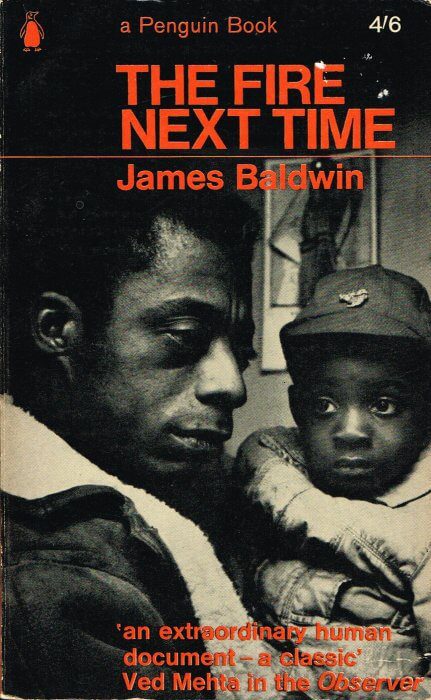
Nobody Knows My Name: More Notes of a Native Son (1961)
“Nobody Knows My Name” is a collection of essays and reflections that expands upon Baldwin’s writing in “The Fire Next Time.”
The book is a deeply personal exploration of Baldwin’s experiences growing up in America as a black man, and his reflections on the complexities of race, identity, and American culture.
With its raw honesty, insightful commentary, and poetic prose, “Nobody Knows My Name” remains a vital and moving work that continues to resonate with readers today.
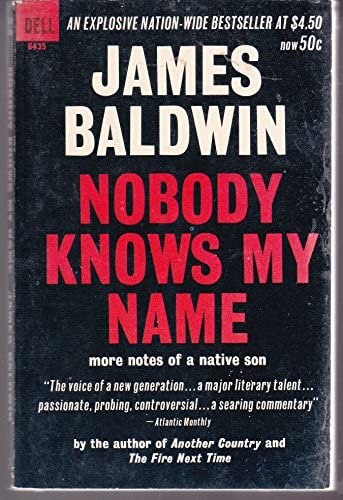
If Beale Street Could Talk” (1974)
“If Beale Street Could Talk” is a powerful love story set in 1970s Harlem, New York City.
The novel explores the experiences of a young couple, Tish and Fonny, as they navigate the challenges of living as black Americans in a society marked by racism and discrimination.
Baldwin’s writing is tender and compassionate, as he brings to life the deep love and commitment between Tish and Fonny, and the struggles they face in their quest for happiness and justice.
With its beautiful prose, vivid characters, and exploration of the intersections of race, love, and justice, “If Beale Street Could Talk” remains a poignant and inspiring work.
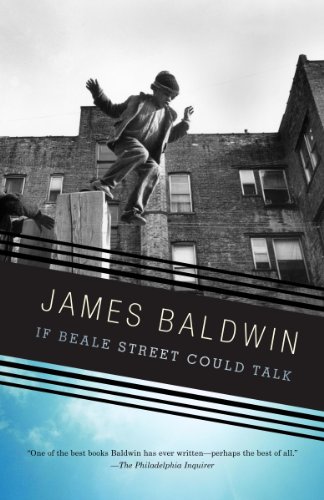
Giovanni’s Room (1956)
“Giovanni’s Room” is a groundbreaking novel that explores the experiences of a young American man living in Paris, as he grapples with his sexuality and the complexities of his relationships with other men.
Baldwin’s writing is beautifully evocative, as he brings to life the passions, desires, and heartaches of his characters, and the ways in which their experiences intersect with the broader cultural and political landscape of their time.
With its honest and nuanced portrayal of homosexuality, “Giovanni’s Room” remains a landmark work that continues to resonate with readers today.

No Name in the Street (1972)
“No Name in the Street” is a collection of essays that explores Baldwin’s experiences of life in America during the tumultuous years of the 1960s and 1970s.
The book is a powerful and insightful meditation on the ongoing struggle for civil rights and social justice, as Baldwin reflects on his own experiences of activism and resistance, and the ways in which the country was changing during a time of great upheaval.
With its blend of personal narrative and political critique, “No Name in the Street” remains a vital and relevant work that continues to inspire readers today.
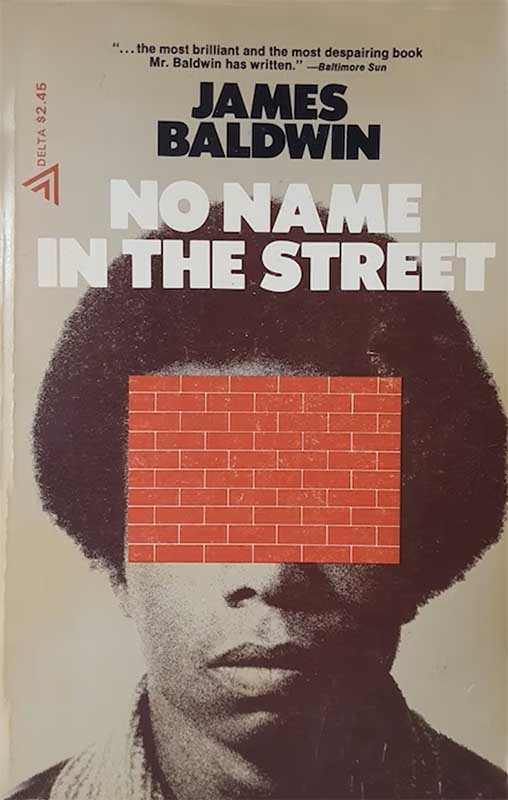
In conclusion, James Baldwin’s books are timeless masterpieces that continue to captivate and inspire readers of all ages.
Whether you’re a longtime fan or new to Baldwin’s writing, these works are sure to leave a lasting impact on your life and your understanding of the world around you.
So why not pick up a Baldwin book today and discover for yourself why this literary icon remains one of the most powerful and relevant voices in American literature?
Baldwin’s writing style is both beautiful and thought-provoking, and his insights on race, sexuality, and the human condition are just as relevant today as they were when he first wrote them.
His works are an invitation to engage with complex and difficult topics in a way that is both honest and compassionate, and they challenge us to confront the injustices and inequalities that continue to plague our world.
For those who are new to Baldwin’s writing, starting with “Go Tell It on the Mountain” or “The Fire Next Time” is a great place to begin.
Both books offer a powerful introduction to Baldwin’s writing style and the themes that he explores throughout his work.
For those who are already familiar with Baldwin’s writing, reading “Another Country” or “Nobody Knows My Name” is a great way to delve deeper into his world and explore the more personal and intimate aspects of his life and experiences.
